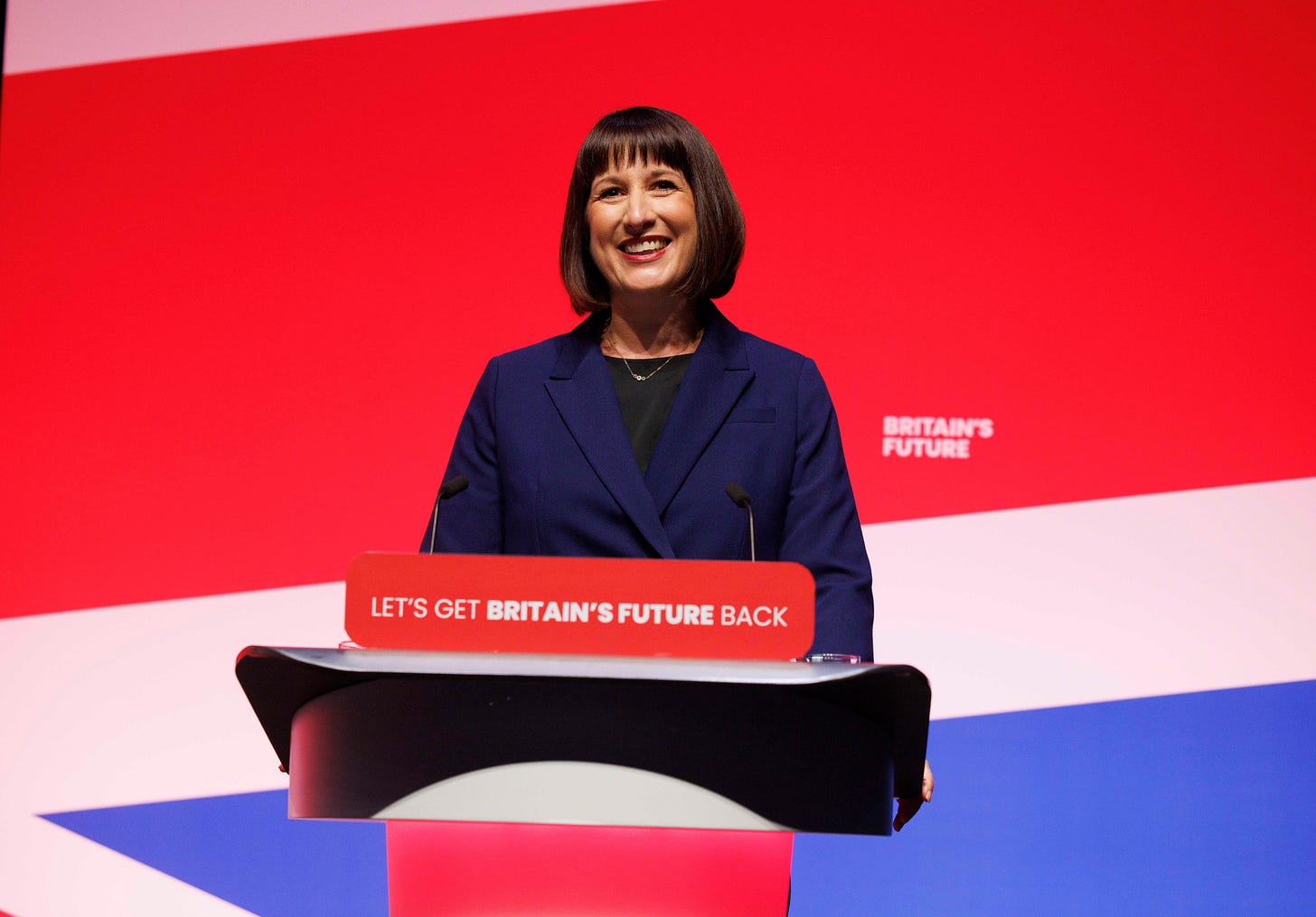The Reeves delusion: more tinkering won’t save Britain from decline
The Chancellor’s delusional doublespeak on the state of Britain's economy is fooling nobody.

Sir Alec Douglas Home, whose brief premiership lasted only one year, admitted to making economic calculations with the help of matchsticks; but that was in happier days, when senior politicians still possessed a basic financial literacy. Today, the national Treasury is in less experienced hands, and this week, in Rachel Reeves’ incongruously named Spring Statement, we were treated to another virtuoso exposition of her counter-intuitive recipes for “growth”.
Springtime for Rachel and union lads, winter for business and tax. You have to hand it to Team Starmer, when it comes to stifling growth, they exhibit a thoroughness that leaves no mouse-hole unblocked. The chancellor herself displayed the contrived insouciance of the head girl at a school that has routinely been crushed at lacrosse, motivating her team with a vapid rhetoric that successfully defied the reality intruding from all sides.
Reeves has created a protective bubble of alternative reality around herself and her project of pushing fiscal water uphill. The starred Firsts who inhabit the Treasury and should not be let out without their mummies had provided her with a script that might have impressed an existentialist philosopher, but which cut little ice with the impoverished public.
To understand where Rachel Reeves is coming from (in demotic parlance), it is necessary to appreciate that, like the rest of her party, she employs a special vocabulary that vastly diverges from the language employed by untutored laymen. To the uninitiated, it is as indecipherable as the Enigma code. For example, “growth”, in Reeves-speak, is a synonym for “stagnation”; “stimulate” means “stifle”; and “invest” is the euphemism for “squander”.
Once armed with that knowledge, the arcana of the Spring Statement become comprehensible, if uncomfortable. If there were a fiscal equivalent of Gardeners’ Question Time, and a questioner asked, “I have an economy with a stilted growth rate of 0.9 per cent, what should I do to improve it?” Rachel would reply: “Increase National Insurance contributions by £25bn, raise public sector pay by up to 6 per cent and introduce new legislation on “workers’ rights” to give them the whip hand over the boss class.”
What should be borne in mind is that the Spring Statement was so timed as to take place before the consequences of the Budget proper begin to manifest themselves, from next month onwards. There has been much weeping and gnashing of teeth over the implications of Reeves’s budget, but we have not yet seen its consequences, in glorious technicolour, which will only become concretely apparent in the new tax year. The fact that those disastrous effects have already been “priced in” will not mitigate their harshness when they arrive.
In that context, the Spring Statement amounted to a trigger warning that, despite Rachel swearing on her hamster’s life last October that no more tax rises would be imposed, another round of tax hikes will be inevitable. How will Britain support such a burden? The answer is that it cannot – not while retaining its status as a first-rate economy. The historically high tax rate of 37.7 per cent of GDP is insupportable and the clever money is on its going up.





